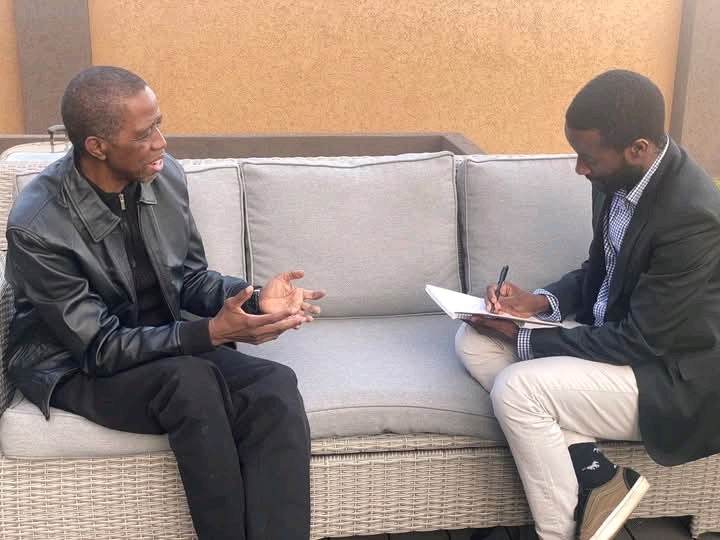Sishuwa Sishuwa sits down with President Edgar Chagwa Lungu for this research interview
Why do presidents fail?
By Sishuwa Sishuwa
No leader in competitive multi-party democracies gets elected to power on the promise of delivering failure. Yet even those who promise progressive change and structural reform generally end up failing once in office. Why? How do presidents make decisions on key national issues? What drives, influences, or constrains their actions?
Yesterday, I interviewed former President of Zambia, Edgar Lungu, as part of the fieldwork research for my next book, Why Presidents Fail: Presidential Power and Decision-making in Zambia under Edgar Lungu.
The book draws on interviews, newspaper accounts, and archival sources to provide a critical evaluation of his seven-year presidency on a range of issues.
These include constitutional reform, democratic institutions, the management of ruling party cadres, anti-corruption, national unity, the economy, foreign policy, and the key players and institutions during the presidential transition process.
Understanding the factors that shape presidential decision-making is essential to strengthening democracies and avoiding the pitfalls of the past. I am grateful to former president Lungu for the meeting and not dodging uncomfortable questions.
